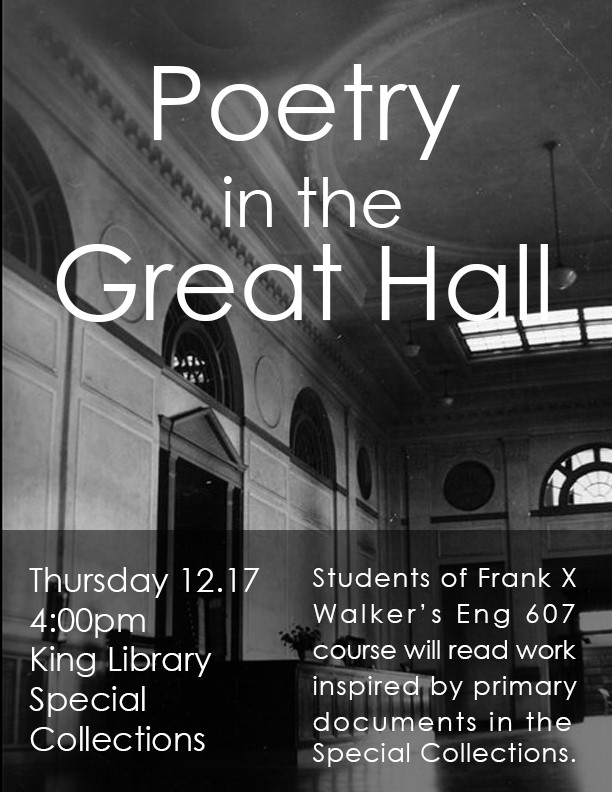"We Hear You: What We Have Learned from the First Year of Data from the Campus Attitudes Toward Safety (CATS) Study"
Dr. Renzetti is Chair and Professor of Sociology at the University of Kentucky, and currently serves as the Judi Conway Patton Endowed Chair in the Center for Research on Violence Against Women. She is also the editor of Violence Against Women: An International and Interdisciplinary Journal, the Oxford University Press Series on Interpersonal Violence, and the University of California Press Series on Gender and Justice.
Dr. Follingstad is the Women’s Circle Endowed Chair in the Center for Research on Violence Against Women and a Professor of Clinical and Forensic Psychology in the Department of Psychiatry, College of Medicine at the University of Kentucky (with a joint appointment in the Department of Psychology). She is currently the Executive Director of the Center for Research on Violence Against Women at the University of Kentucky.
Dr. Renzetti and Dr. Follingstad will present findings from the latest Campus Attitudes Toward Safety (CATS) study and discuss what can be learned from the study and the importance of improving safety on campus for all students.
A reception will follow in the Alumni Gallery adjacent to the auditorium.


